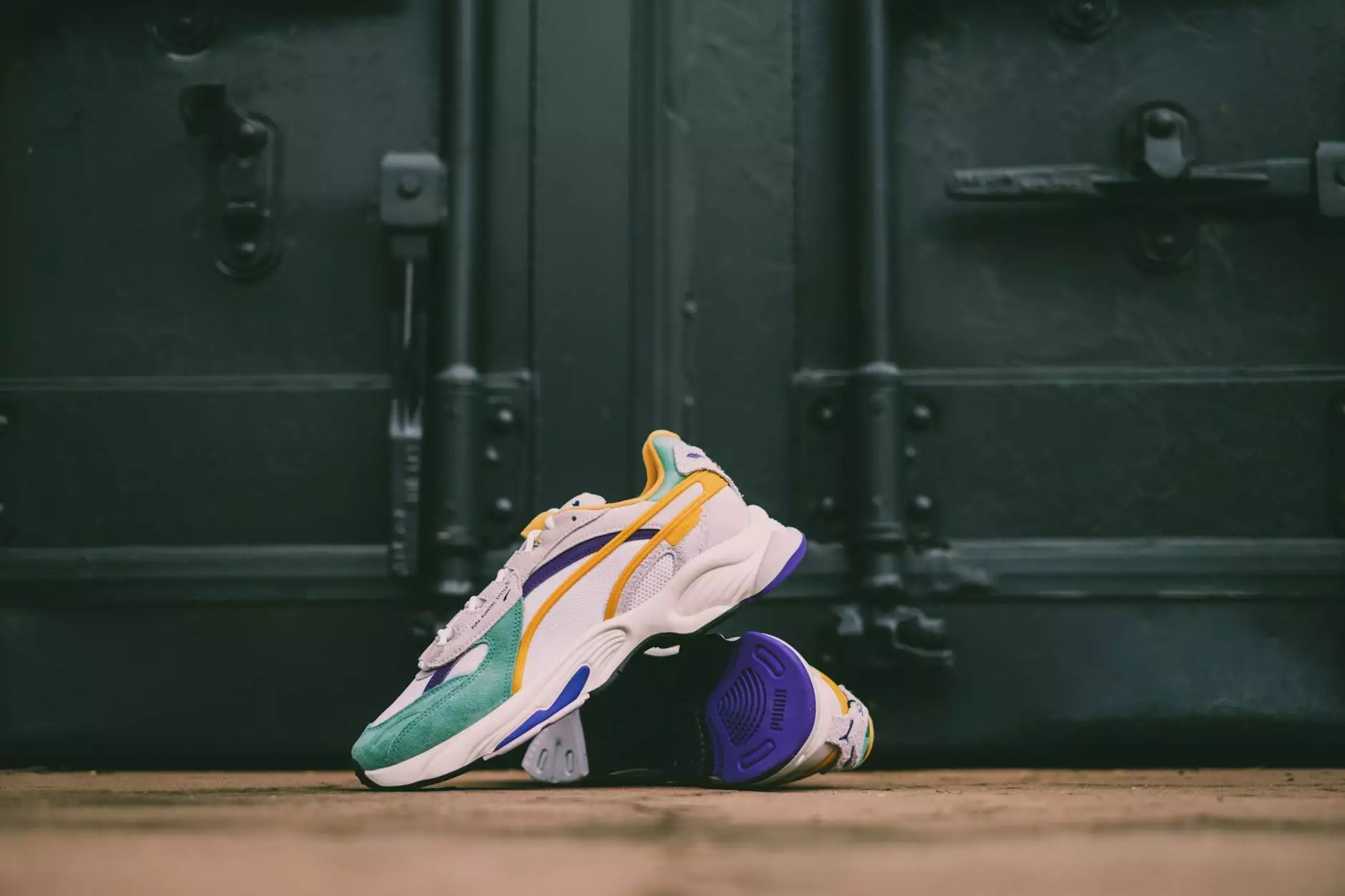The Global Landscape of Leather Manufacturing Companies

The leather industry is a cornerstone of the global economy, contributing significantly to trade and fashion. With a myriad of leather manufacturing companies spanning across continents, each enterprise brings its unique style, craftsmanship, and innovation to the market. In this comprehensive deep dive, we will explore the dynamics of the leather industry, focusing on the various facets of leather manufacturing and the vital role played by key enterprises such as Abhide GmbH.
What are Leather Manufacturing Companies?
Leather manufacturing companies specialize in the production of leather goods, which includes a wide range of products such as garments, footwear, accessories, and upholstery. These companies often engage in various stages of production, from sourcing raw materials to crafting finished products that meet consumer demands. The sector is characterized by its rich heritage, sophisticated techniques, and the dedication to quality that has evolved over centuries.
The Importance of Hides and Skins in Leather Manufacturing
At the heart of leather production are hides and skins, which serve as the primary raw materials. Understanding the different types and qualities of hides is essential for producers to create high-quality leather products. Below are some of the key types of hides used in leather manufacturing:
- Bovine Hides: Sourced mainly from cattle, these are the most common types used in leather production.
- Sheep Skins: Known for their soft texture, sheep skins are often used in fashion and high-end clothing.
- Goat Skins: Renowned for their durability and toughness, goat skins are frequently used in leather goods that require resilience.
- Exotic Skins: This category includes skins from reptiles, fish, and other animals, often used for luxurious, high-fashion items.
Companies like Abhide GmbH have established strong relationships with suppliers of hides and skins worldwide, ensuring the topmost quality for their leather products. This global sourcing capability allows manufacturers to meet the versatile needs of their customers while adhering to sustainable practices.
Global Trends in Leather Manufacturing
The leather industry is subject to changing trends and consumer preferences. In recent years, there has been a noticeable shift towards sustainable practices and ethical sourcing. As awareness of environmental issues grows, many leather manufacturing companies are adopting more sustainable methods of production. This includes the use of:
- Vegetable Tanning: An eco-friendly method that uses natural tannins from plants instead of harmful chemicals.
- Recycled Materials: Utilizing leather scraps and other recycled components to reduce waste and environmental impact.
- Ethical Sourcing: Ensuring that animal welfare standards are met and that the raw materials are sourced ethically.
Such initiatives not only help the planet but also appeal to a growing base of conscious consumers who prioritize sustainability in their purchasing decisions.
The Role of Technology in Leather Manufacturing
Advancements in technology have transformed the leather manufacturing landscape, providing companies with innovative tools to enhance productivity and product quality. Some notable technologies being adopted include:
- Automation: Robotic systems streamline cutting and stitching processes, ensuring precision and consistency in production.
- Digital Printing: This allows for customized designs and patterns to be printed directly onto leather, creating unique offerings.
- 3D Design Software: Companies can now create virtual prototypes of leather goods, reducing the time and materials required for product development.
By incorporating these technologies, companies can remain competitive in a global market that demands efficiency and quality without compromising on craftsmanship.
Listing of Notable Leather Manufacturing Companies
While there are many players in the leather manufacturing arena, a few companies stand out due to their commitment to quality, innovation, and sustainability:
- Abhide GmbH: Specializing in hides and skins for sale worldwide, known for its ethical sourcing and quality materials.
- Tandy Leather: A market leader in leathercraft supplies and projects, fostering creativity in leather crafting.
- Brettun's Village: A family-owned business offering a wide range of high-quality leather products and hides.
- Horween Leather Company: Renowned for its traditional tanning methods and superior leather quality, especially in performance footwear.
These companies exemplify the spirit of innovation and dedication that drives the leather industry forward.
The Future of Leather Manufacturing Companies
The future of the leather manufacturing industry looks promising, driven by continuous innovations and changing consumer expectations. Here are several factors that will shape the industry moving forward:
- Increased Focus on Sustainability: With a growing demand for sustainable products, companies will need to prioritize eco-friendly practices.
- Consumer Customization: As consumers seek personalized experiences, leather manufacturers will likely increase offerings in customizable products.
- Integration of E-commerce: The rise of online shopping will encourage companies to establish strong online presences and direct-to-consumer sales channels.
Companies that adapt to these trends will not only enhance their market position but also foster loyalty among consumers who value quality, sustainability, and ethical practices.
Conclusion
The leather manufacturing industry is a vibrant tapestry of tradition, innovation, and global connectivity. As one of the most enduring industries, it continuously evolves in response to consumer needs and market dynamics. By aligning with sustainable practices and leveraging technological advancements, leather manufacturing companies like Abhide GmbH are poised to thrive in this competitive landscape.
With a focus on quality and a commitment to responsible practices, the future of leather is not just about craftsmanship but about creating a legacy that respects both nature and consumer choice. As we move forward, the industry will embrace an era where luxury meets sustainability, ensuring that leather products remain desirable and valuable for generations to come.









